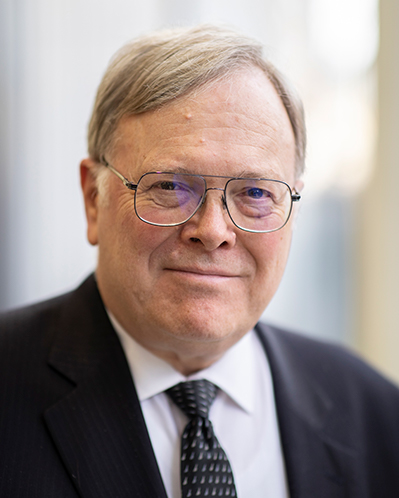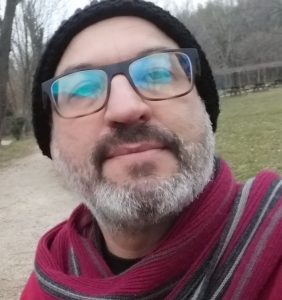The Role of Religious Freedom Rights in Building a Free, Just, and Mutually Supportive Society

W. Cole Durham, Jr., is founding director of the International Center for Law and Religion Studies (ICLRS) and president of the G20 Interfaith Forum. He presented the following remarks[1] at the Second Brazilian Symposium on Religious Freedom in Brasília, Brazil, 8–10 August 2023. The Symposium was organized by both the ICLRS and the Brazilian Center for Law and Religion Studies (Centro Brasileiro de Estudos em Direito e Religião, CEDIRE), Faculty of Law, Federal University of Uberlândia. This essay first appeared on the G20 Interfaith Blog.
Introduction
It is a particular honor for me to launch our discussions at this Second Brazilian Symposium on Religious Freedom. I have had several opportunities over the past two decades to visit Brazil, and I have consistently been impressed with the strong commitment of Brazil’s people and its government to the highest standards of freedom of religion or belief. Article 5, clause VI, of the Brazilian Constitution provides that “freedom of conscience and belief is inviolable, assuring free exercise of religious beliefs and guaranteeing, as set forth in law, protection of places of worship and their rites.”[2] This clause provides broad protection for religious freedom, which is generally respected by both the government and the populace. As in all societies, there are recurring problems and imperfections in enforcement, but in general, it is fair to say that Brazil is a country with a particularly strong record when it comes to religious freedom.

